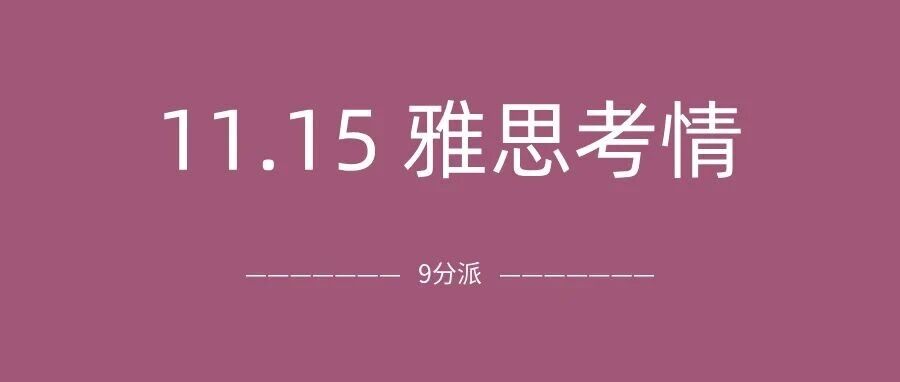 KET/PET备考基础语法逐个突破第21弹来啦!今天KET与PET研习社将带大家一起来了解一般将来时的两种结构(will/going to)在使用时有何区别~
在开始前我们先来复习一下一般将来时的表达结构!
KET/PET备考基础语法逐个突破第21弹来啦!今天KET与PET研习社将带大家一起来了解一般将来时的两种结构(will/going to)在使用时有何区别~
在开始前我们先来复习一下一般将来时的表达结构!
Will

Going to

Future Actions
在表明未来的行动时,当宣布当下做出的新的决定时,我们通常使用will。当宣布我们之前已经做好了某项对未来的决定时,我们通常使用(be)going to。 没有理解也没关系!我们看图说话~ 例:Let's have a party! I will invite lots of people!
(我现在决定要举办一个派对,我将会邀请很多人来这个派对)
例:Let's have a party! I will invite lots of people!
(我现在决定要举办一个派对,我将会邀请很多人来这个派对)
 例:I have decided to have a party and I'm going to invite lots of people!
(我已经决定好要举办一个派对了,我之后会邀请很多人来这个派对)
比较下列句子进一步体会下两者的区别吧~
‘Gary has been trying to contact you.' ‘Has he? OK, I'll call him.'
‘Gary has been trying to contact you.' ‘Yes, I know. I'm going to call him.'
‘Anna is in hospital.' ‘Really? I didn't know.I'll go and visit her.'
‘Anna is in hospital.' ‘Yes, I know. I'm going to visit her this evening.'
例:I have decided to have a party and I'm going to invite lots of people!
(我已经决定好要举办一个派对了,我之后会邀请很多人来这个派对)
比较下列句子进一步体会下两者的区别吧~
‘Gary has been trying to contact you.' ‘Has he? OK, I'll call him.'
‘Gary has been trying to contact you.' ‘Yes, I know. I'm going to call him.'
‘Anna is in hospital.' ‘Really? I didn't know.I'll go and visit her.'
‘Anna is in hospital.' ‘Yes, I know. I'm going to visit her this evening.'
Future happenings and situations
当我们在谈论未来发生的事情或未来的状况时,我们既可以使用will,也可以使用(be)going to: I think the weather will be nice later. I think the weather is going to be nice later. Those shoes are well-made. They'll last a long time. Those shoes are well-made. They're going to last a long time. 当我们基于当下的情况来推断、预测未来会发生的事情或未来的状况时,我们需要使用(be)going to来进行表达: Look at those black clouds. It's going to rain. (not it will rain) (基于现在所看到的乌云推断未来将会下雨)小试牛刀
用will ('ll) 或 (be) going to完成下列句子: 1. a: Why are you turning on the TV? b: the news. (I / watch) 2. a: I forgot my wallet. I don't have any money. b: Not to worry. you some. (I / lend) 3. a: Why are you filling that bucket with water? b: the car. (I / wash) 4. a: I don't know how to use the washing machine. b: It's easy. you. (I / show) 5. a: I've decided to paint this room. b: That's nice. What colour it? (you / paint) 6. a: Where are you going? Are you going shopping? b: Yes, some things for dinner tonight. (I / buy)Answers ▼
1. I'm going to watch 2. I'll lend 3. I'm going to wash 4. I'll show 5. are you going to paint 6. I'm going to buy 每周一个语法知识点,轻松备考KET/PET~ ~KP福利
获取更多KP备考语法资料 您只需要 扫描下方二维码 发送【语法】即可获得









